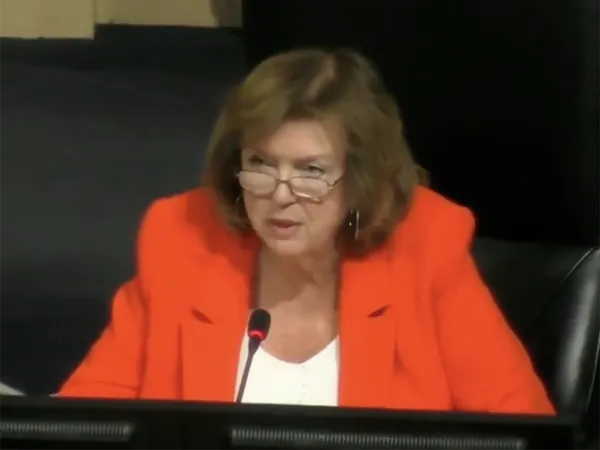
The Emotional Rollercoaster of Losing Copayment Elimination: Patients Share Their Stories
2024-11-09
Author: Amelia
The Journey of Emotional Turmoil
The first notable theme from the participants centered around the emotional response to losing their copayment benefits. More than half expressed feelings of disappointment, stress, and shock. Participant 2, a 68-year-old woman, encapsulated this sentiment succinctly, stating, "I appreciated the time I had with the coverage, but everything has to end sometime."
For many, the resumption of copayments led to a sense of resignation. As Participant 1 (73-year-old woman) remarked, "I just took it with a grain of salt and paid the bill." However, this acceptance did not come without a price; feelings of helplessness emerged as participants faced the impending costs of their medications. As Participant 5 (75-year-old man) poignantly stated, “We are paralyzed here.”
Communication Breakdown About Benefit Termination
Another theme that emerged was the inadequacy of communication regarding the termination of benefits. A letter was sent out a month before the benefit ended, but nearly half of the participants either never received or did not remember receiving it. This lack of information caused confusion and stress, with many participants wishing for more frequent reminders. As described by a participant, "We were in the dark about why medication costs spiked, and without prior knowledge, we had to just suck it up."
Participants expressed frustration over their financial planning uncertainties, which intensified the emotional toll wrought by the coverage ending. Without sufficient notice, many were caught off guard by the sudden increase in their out-of-pocket expenses.
Tangible Impact of Losing Coverage
The termination of the copayment elimination fortified financial hardships. Participants highlighted the tangible consequences, such as a decline in their ability to maintain a healthy lifestyle. The necessity to allocate their budget towards medication led many to cut back on essentials like nutritious food and exercise, further exacerbating their health conditions.
Participant 9 (69-year-old man) shared, "Deciding between groceries and medications puts me in a tough spot. I can't prioritize my health properly when I'm stretched thin financially." Such narratives underline the interconnectedness of medication expense and overall health maintenance.
The Bittersweet Affection for Temporary Relief
Despite the downsides of resuming copayments, participants reflected fondly on their time in the ACCESS program, expressing gratitude for the financial breathing room it provided—even if temporarily. Participant 3 (72-year-old woman) reminisced, "That was the most wonderful thing I took part in, and it positively affected my health."
Many participants noted that the program allowed them to focus not just on medication adherence but also on overall health. They stressed that they would gladly participate again if given the opportunity, with some advocating for a permanent elimination of copayments, especially as the cost of medications continues to rise.
Call for Improved Communication and Continuation of Support
A key takeaway from the study emerged as a call for better communication from healthcare programs. Participants wanted more regular updates throughout the process. Improved engagement could alleviate feelings of uncertainty surrounding the cessation of benefits, thereby reducing emotional stress among patients.
In conclusion, this exploration into patient perspectives on losing copayment elimination benefits reveals a complex interplay of emotions, financial stress, and health management. It highlights a pressing need for systemic changes in how such benefits are communicated and sustained. As we move forward, understanding these experiences can inform future policy modifications, creating a healthcare system that prioritizes patient well-being above all.









 Brasil (PT)
Brasil (PT)
 Canada (EN)
Canada (EN)
 Chile (ES)
Chile (ES)
 España (ES)
España (ES)
 France (FR)
France (FR)
 Hong Kong (EN)
Hong Kong (EN)
 Italia (IT)
Italia (IT)
 日本 (JA)
日本 (JA)
 Magyarország (HU)
Magyarország (HU)
 Norge (NO)
Norge (NO)
 Polska (PL)
Polska (PL)
 Schweiz (DE)
Schweiz (DE)
 Singapore (EN)
Singapore (EN)
 Sverige (SV)
Sverige (SV)
 Suomi (FI)
Suomi (FI)
 Türkiye (TR)
Türkiye (TR)